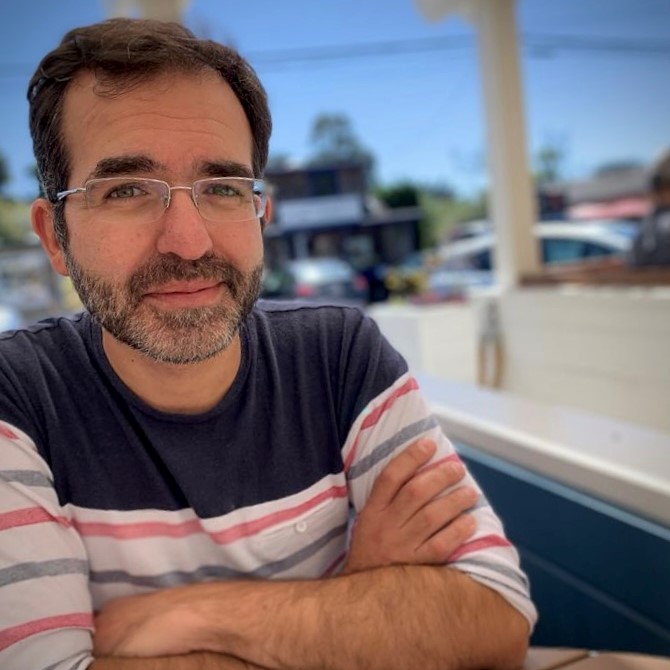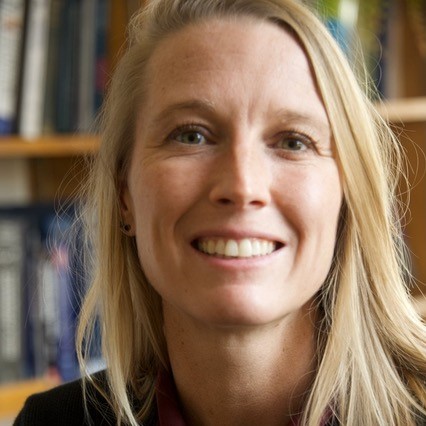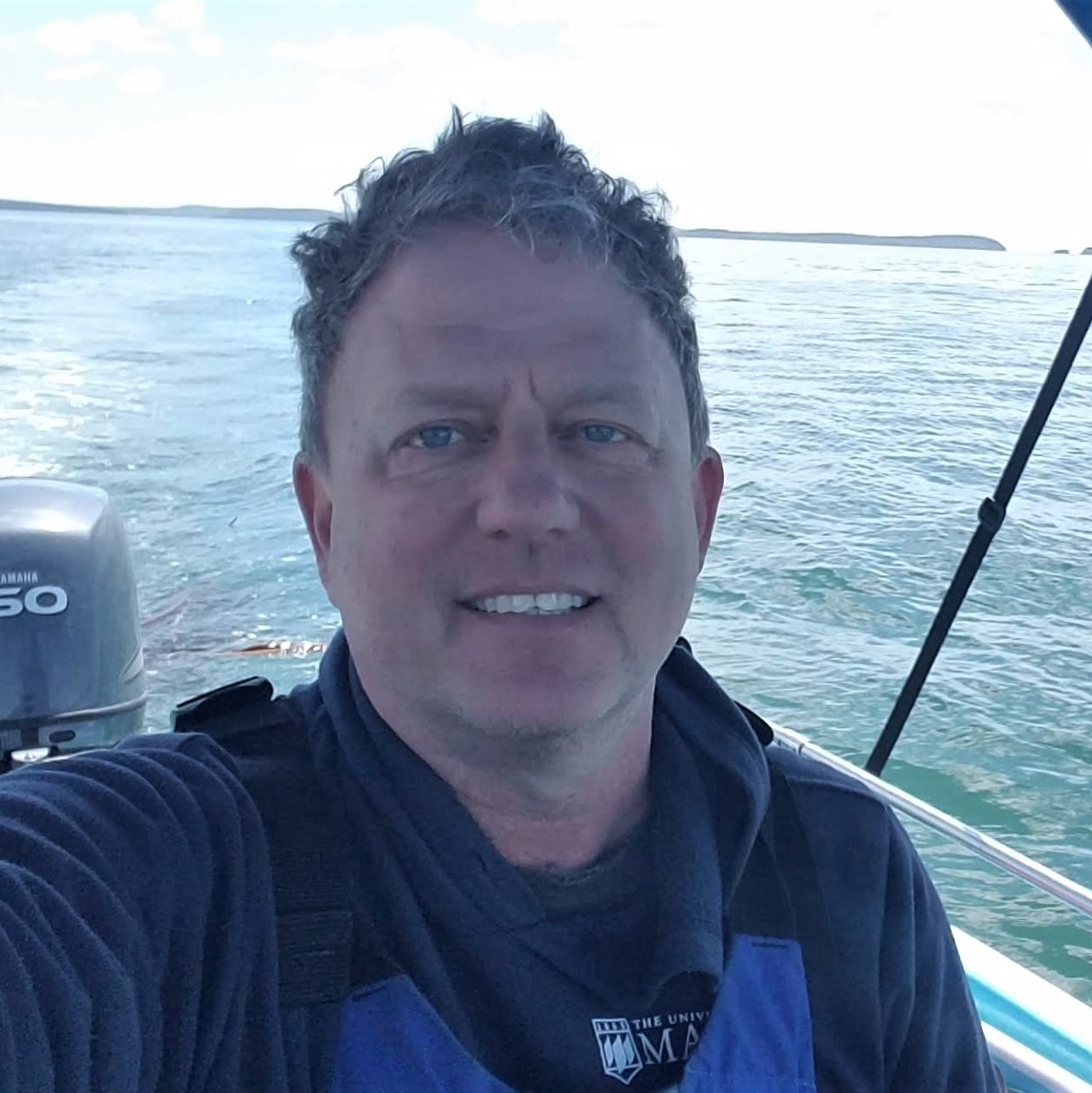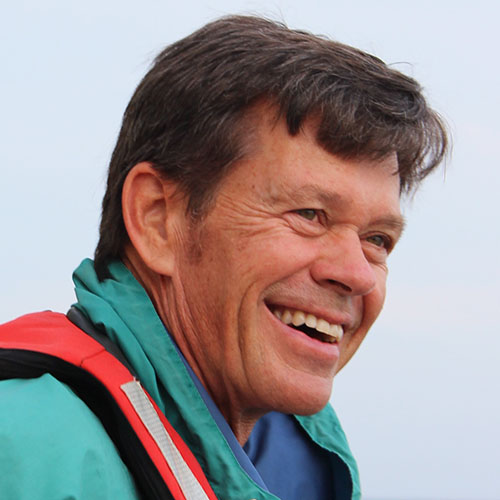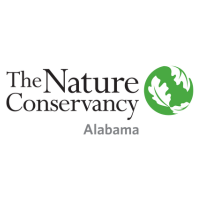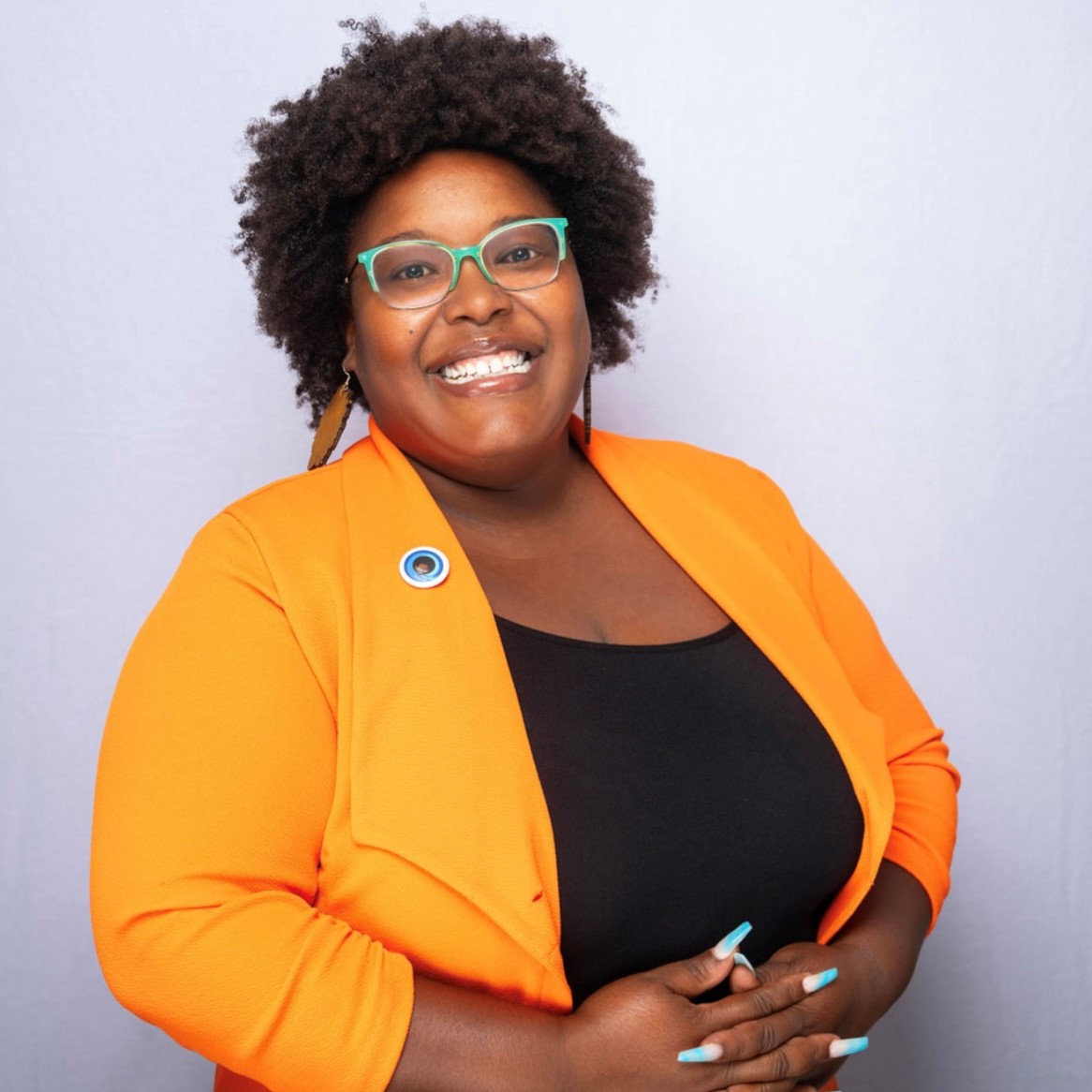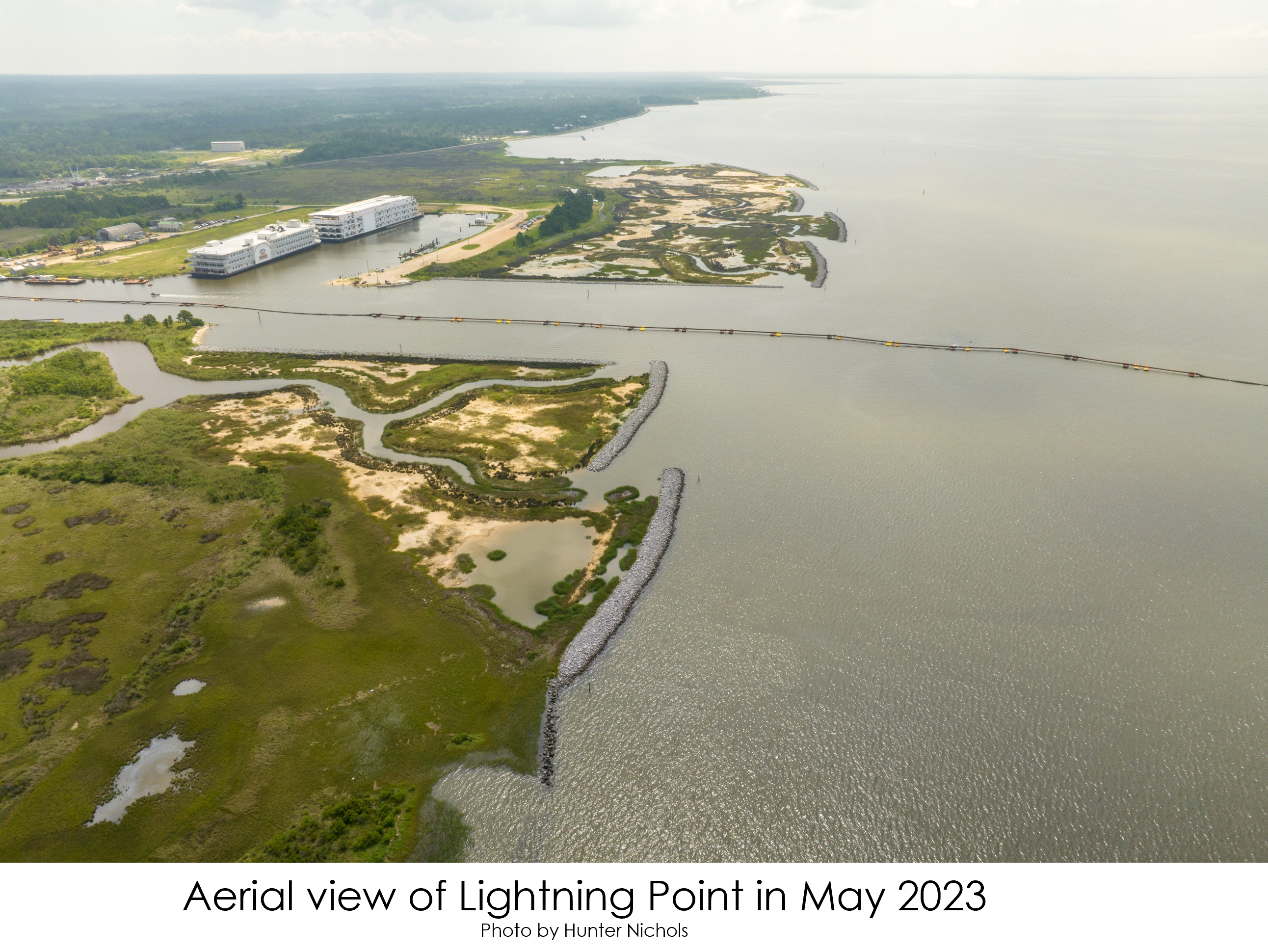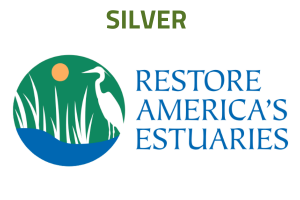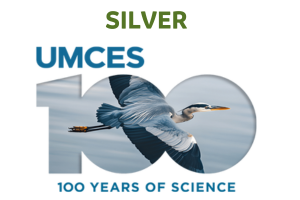- About
- Program
- Registration
- Experience
- Student & EC
- Hotel/Travel
- Sponsor/Exhibit
- Resources & More
CERF 2023 Achievement Award RecipientsJoin us in celebrating the 2023 CERF Achievement Award Recipients! The recipients of these awards embody the mission of CERF to advance understanding and wise stewardship of estuarine and coastal ecosystems worldwide by promoting research; supporting the education of scientists, decision-makers, and the public; and facilitating communication among these groups. The Federation thanks our Achievement Awards Committee chair, Ruth Carmichael, as well as all the subcommittee chairs and committee members, for their tireless efforts to recruit and select the outstanding recipients of this year’s awards. CERF also thanks the many nominators and letter writers that supported the exceptional nominations received this year.
Odum Lifetime Achievement AwardThe Odum Award is named for the three outstanding ecological scientists in the Odum family: Dr. Howard T. Odum; Dr. Eugene P. Odum; and Dr. William E. Odum, III. It honors an individual whose record of sustained accomplishments has made important contributions to our understanding of estuaries and coastal ecosystems.
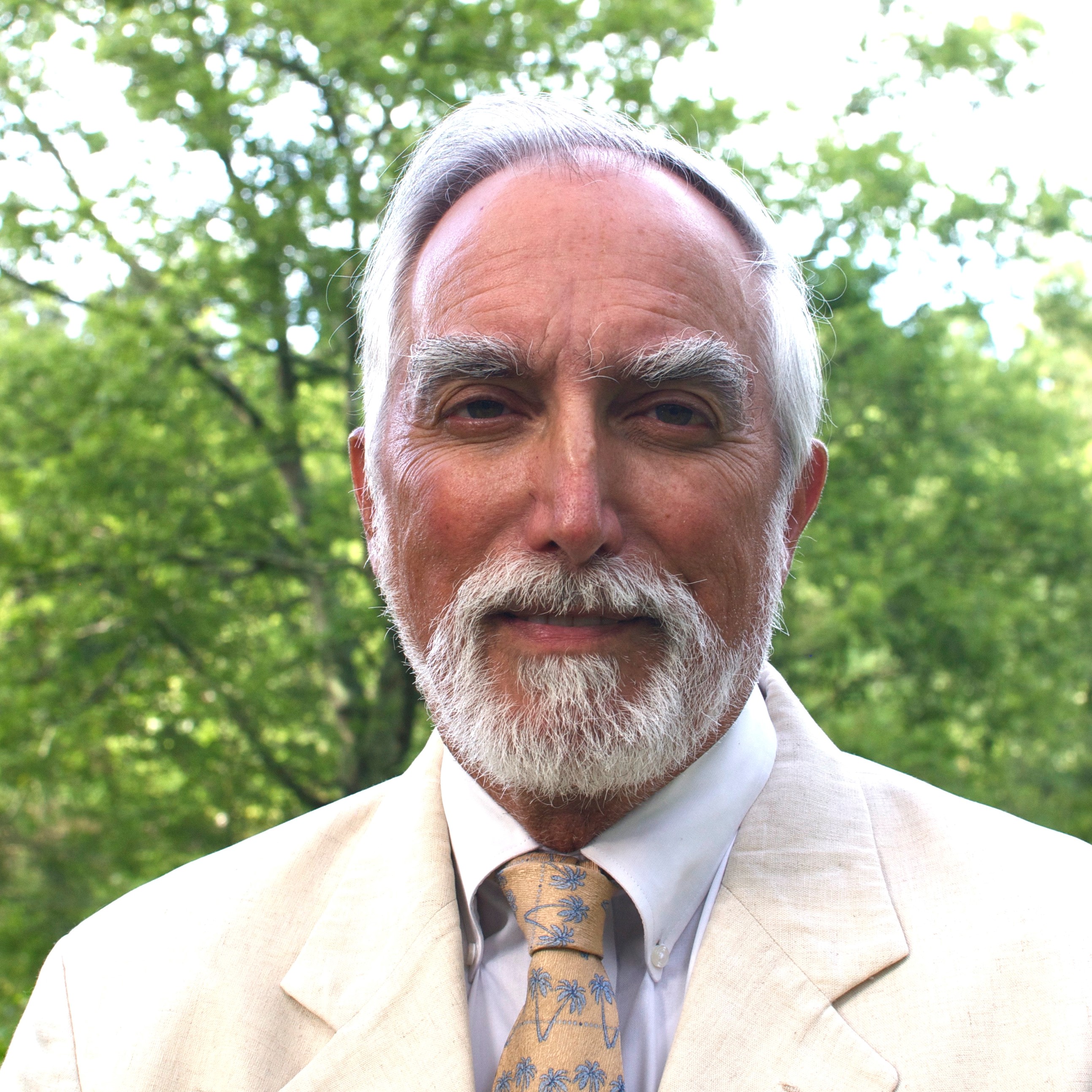 The Odum Award Committee unanimously selected R. Eugene Turner for the 2023 award. This was not an easy decision. There were several nominations this year and all would be worthy recipients of the Odum Award. What placed Dr. Turner first among the committee members was his embodiment of what CERF stands for. He has consistently throughout his career focused his attention on documenting and understanding processes in marsh, estuarine, and coastal ecosystems. As his nomination letter says he is “a guru in estuarine, coastal, and wetland sciences.” Over a 50-year period he “developed and sustained an extremely active and eminent record in research, teaching, and service.” To support his eminent record, he published over 250 articles, being first author on 110. Particularly remarkable is that 40 of his papers were published in CERF’s journal Estuaries and Coast or its predecessor Estuaries, with 11 cited more than 100 times. Between 2005 and 2009, his work was also among the top-50 most cited articles in Marine Pollution Bulletin. Dr. Turner also has a distinguished record of professional service, is still committed to educating students, and is working with Louisiana Indigenous communities. As one of his supporting letters says, “He has been a vocal advocate for the importance of linked ecosystems in estuarine research and conservation, and his leadership and vision have helped to shape the direction of the field.” Another said, “His dedication to the student’s education is impressive and my students admire his vast knowledge, love him, and want to be like him.” Cronin Early Achievement AwardThis award recognizes the significant accomplishments of an estuarine scientist who is in the early stages of their career development. The recipient will have shown great promise with work carried out during the first six years past the PhD. Michael Sievers
Dr. Sievers has also demonstrated the ability to “think outside the box” by deploying novel experimental designs to study stressors in coastal wetlands and by incorporating cutting-edge technology such as AI into his research. Further, a quick review of his recent papers reveals that he is adept at collaborating with a diverse array of co-authors on a wide span of research topics relevant to estuarine science, from coastal wetland assessment to blue carbon to invasive species. Finally, Dr. Sievers has been recognized by both his mentees and mentors as a giving and dedicated mentor to the students he is working with. They highlighted his positive attitude, professionalism, and collegiality. In summary, Dr. Sievers truly represents the spirit of the Cronin Award. In his early career, he has staked out a path based on high quality, impactful research, broad scientific collaborations, and generous mentorship of the next generation of estuarine scientists. William A. Niering Outstanding Educator AwardTo recognize the central role that education plays in achieving the objectives of our society, the Federation's Governing Board established an award named for a leader in estuarine education, Dr. William A. Niering. The Award is for an individual who has played a particularly important role in education at any level -- from primary school to the graduate level, inside or out of the classroom, or in the education of the general public through outreach activities. Pedro Morais
In addition, Dr. Morais’ role in public education, citizen science, and in educating K-12 groups stand out as exemplary. Over the last decade, he has impacted numerous K-12 students through many avenues, including his leading role in the Biodiversity section of Frontiers for Young Minds and collaborating in the development and publication of the Frontiers for Young Minds special issue on the San Francisco Estuary and Delta targeting middle and high school students. This selection of articles has garnered over 430,000 views and served to educate numerous middle school children in science writing, review, and publication. Dr. Morais has a long history of public outreach, with over 80 radio, newspaper, and magazine articles featuring his work or that he has authored over the last 15 years. Dr. Morais is awarded the William A. Niering Outstanding Educator Award through this record of mentorship, outreach, and education. Pritchard Outstanding Physical Oceanography Paper AwardThis award was established to honor Dr. Donald W. Pritchard, whose insightful research on the physical dynamics of coastal systems set the stage for much of the research in physical oceanography that is being conducted today. The Pritchard Award recognizes the author(s) of the best physical oceanography paper published in Estuaries and Coasts within the two-year interval between CERF conferences. Authors: Sohaib Alahmed
Lauren Ross
Sean M.C. Smith
Paper: Coastal Hydrodynamics and Timescales in Meso-Macrotidal Estuaries in the Gulf of Maine: a Model Study, Estuaries and Coasts, 45(7), 1888-1908 The Pritchard Award Committee is excited to select “Coastal Hydrodynamics and Timescales in Meso-Macrotidal Estuaries in the Gulf of Maine: a Model Study,” authored by Sohaib Alahmed, Lauren Ross, and Sean M.C. Smith, as the 2023 CERF Pritchard Award recipient. Alahmed et al., use a numerical model of three connected estuaries to study the influence of variable freshwater input, tidal dynamics, and morphometry on transport timescales. They employ a Lagrangian analysis of conservative, neutrally buoyant particles tracked over a month to evaluate residence time and connectivity. Residual flow and eddy length scales are quantified using the horizontal streamlines of the residual flow field. In the estuary where the residual eddy length is unconstrainted by local morphometry, transport timescales are driven by residual flows and therefore freshwater input and the density gradient. In the more complex estuaries, the residual eddy length is suppressed, the tidal excursion is enhanced, and transport timescales are driven by tidal range. They generalize their findings by outlining three transport regimes based on the ratio of estuary length to tidal excursion, aspect ratio, densimetric tidal Froude number, and residence time. Estuaries in the tidal transport regime have long tidal excursions, are narrow, and have a residence time less than one tidal cycle. Residual transport is likely in wide systems with short tidal excursions and density-driven flow, resulting in a residence time greater than a tidal cycle. Estuaries that fall into the third category of mixed tidal and residual transport have moderate tides, complex geometry, variable density gradients, and spatially variably residence times. Alahmed et al.’s results provide valuable insight to stakeholders and resource managers grappling with coastal pollution in morphometrically complex coastal areas. Additionally, by generalizing their results and thoughtfully placing them within existing literature, they clearly communicate useful first-order metrics to coastal managers that do not require a resource-intensive numerical model. You can read the full text of the article at https://rdcu.be/dhUQC. Margaret A. Davidson Stewardship Achievement AwardThis award was established to honor Margaret A. Davidson's distinguished career in coastal resource management and her support of the application of science to the wise stewardship of estuaries and coasts. The Davidson award recognizes an individual that demonstrates extraordinary leadership, service, innovation, and commitment to the management of estuarine and coastal systems. This award recognizes those who have worked in the estuarine and coastal arena and excelled in management and policy. David Eggleston
Eggleston is a true steward of estuaries across the world and his expertise and service are sought after to address coastal resource stewardship concerns, including valuation of coastal habitats for exploited species with a focus on the Baltic; critical evaluation and management of fisheries stock enhancement in Japan and North Carolina; understanding the ecological effects of invasive beaver on stream and river ecosystems in Tierra del Fuego; and characterization and management of nearshore fish communities from Ghana, West Africa, the Caribbean, and Gulf of Mexico. In his capacity as the President of the Southern Association of Marine Labs and a member of the Executive Advisory Board and incoming President of the National Association of Marine Labs, which represents over 100 marine labs in the U.S. and advocates for specific policies and funding at the federal level, Eggleston interacts directly with key Senate and House staffers, as well as science and technology leads from the White House and other Federal executive agencies. What comes through in his support letters is Dr. Eggleston’s guiding philosophy and remarkable record in promoting stewardship of estuarine and coastal systems. He leads by example, promotes diversity across a broad range of programs and partnerships, and excels at bringing people together to tackle difficult issues. As stated in one letter of support, “Dave's work is rooted in conserving habitats while also supporting sustainable fishing practices. He approaches every research question with a focus on the people who will be directly impacted by the results, and has consistently emphasized the importance of involving end-users, stakeholders, and local community members throughout the scientific process…. His inclusion of historically excluded groups has resulted in many successful management outcomes that have critical support from the local community. He immerses himself in these communities to build trust and foster productive relationships and works collaboratively with them to build resilience.” For these reasons, we award David B. Eggleston the Margaret A. Davidson award. Coastal Stewardship Award (Organization)CERF established the Coastal Stewardship Award to honor notable achievements in promoting the wise management of estuarine and coastal systems. This award recognizes specific projects, programs, and organizations for their exemplary stewardship activities, including success in management, policy, restoration, and conservation efforts. CERF appreciates the multiple scales at which impacts may be achieved; accordingly, the Coastal Stewardship Awards are occasional awards and may represent a hierarchy of recognition at CERF biennial conferences. The Nature Conservancy, Alabama Chapter
TNC-AL employed innovative adaptive management strategies by repurposing reef material from aging projects for other habitat enhancement projects. Since then, they have implemented many more projects and continue to receive funding and support from local, state, and federal partners. They work closely with governments and academics to build partnerships to identify, design, build, and monitor projects and to share lessons learned throughout the process. Their projects are award winning due to constant utilization of innovative engineering, enthusiastic collaboration with a wide realm of partners, and untiring cooperation with grassroots organizations and local volunteers leading to successful restoration projects that will have long-lasting impacts on the Gulf Coast’s ecosystems, communities and economy.
Diversity, Equity, Inclusion, and Justice Champion AwardThis award recognizes the significant contributions of an individual who has worked for greater diversity, equity, inclusion, and justice in estuarine and coastal science, management, education, and/or stewardship. It honors a person who demonstrates exceptional long-term or emerging leadership and commitment to positive change. Tiara Moore
As the CEO and founder of Black in Marine Science, she has created a platform that celebrates Black marine scientists, raises environmental awareness, and inspires the next generation of scientific thought leaders. Through this initiative, she has shed light on the need for greater inclusivity in marine science and highlighted the intersectional nature of marine conservation. Dr. Moore also founded A WOC Space, an organization dedicated to transforming the workplace culture for women of color. By establishing a supportive community and offering specialized training, she provides an affinity space for women of color in institutions where their representation and institutional support may be lacking. A WOC Space also conducts workshops for institutions, particularly marine science labs, to facilitate discussions on diversity and inclusion and personalize these concepts to foster a more inclusive environment. Dr. Moore's leadership in DEIJ is evident through her advocacy work, involvement in professional organizations, facilitation of DEIJ workshops, mentorship, op-eds, presentations on intersectional environmentalism, numerous funded grants for DEIJ initiatives, and engagement with social media. She has effectively utilized social media platforms to connect with a broader audience and foster meaningful discussions on DEIJ topics. Her multifaceted approach and commitment to amplifying underrepresented voices have positioned her as the strongest emerging leader in promoting inclusion and justice within the coastal sciences community. We applaud Dr. Tiara Moore for her outstanding contributions and dedication to DEIJ in the marine science field. Her exemplary work serves as an inspiration to researchers and professionals alike, paving the way for a more equitable and diverse future in coastal sciences. Distinguished Service AwardThe Distinguished Service Award recipient is selected by the CERF President for their exceptional volunteer service to the Federation. Treda Grayson
Dr. Grayson began her contributions to CERF as Treasurer for the Atlantic Estuarine Research Society (AERS) in 2007, while she was still a graduate student. She was a new member of AERS, considering taking on one of the most consequential and challenging roles for any professional society, but recognized a need that had to be met with skill and seriousness. From that point, she continued to advance AERS’s mission as Membership Committee chair, chair of numerous Program Committees, and ultimately AERS President. Dr. Grayson joined the CERF Governing Board as AERS president in 2014 and has remained deeply involved and invested in the work of the Federation for nearly a decade. She is a founding chair of CERF’s Broadening Participation Council (now the Inclusive Culture Council) and continues as co-chair. In that role, she has had a seismic impact on CERF as a leader in recognizing needs and means for the Federation to be inclusive, welcoming, diverse, and equitable. In this work, she draws inspiration from her own experiences and brings deep professional expertise gained from the impactful work she contributes at EPA as a leader and Supervisory Life Scientist. At EPA, she contributes at the front line working towards environmental justice, safe drinking water, and coastal management practices that benefit at-risk communities. Dr. Grayson is currently a Member-at-Large on the CERF Governing Board, and co-chair of the CERF 2023 Scientific Program Committee. She has contributed her energy and expertise to every CERF conference committee going back to 2017 and has been a pivotal contributor to four NSF-funded programs lead by CERF aimed at inclusion, lowering barriers to coastal science, and filling the leadership bench for the future. Dr. Grayson is one who listens deeply, gathers, and synthesizes evidence, and acts from a place of understanding in all of the work she does. On the CERF Governing Board, she is a consistent voice of reason, bringing logic, fairness, and experience to the work of the Federation. She is also a source of deep care and empathy and can ignite kindness and wellness in others. She shares, unselfishly, her reflections on her journey as a scientist, and in the process, she makes space for others to be as they are and reach for achievement. |
|||||||||||||||||||||||||||||||||||||||||


